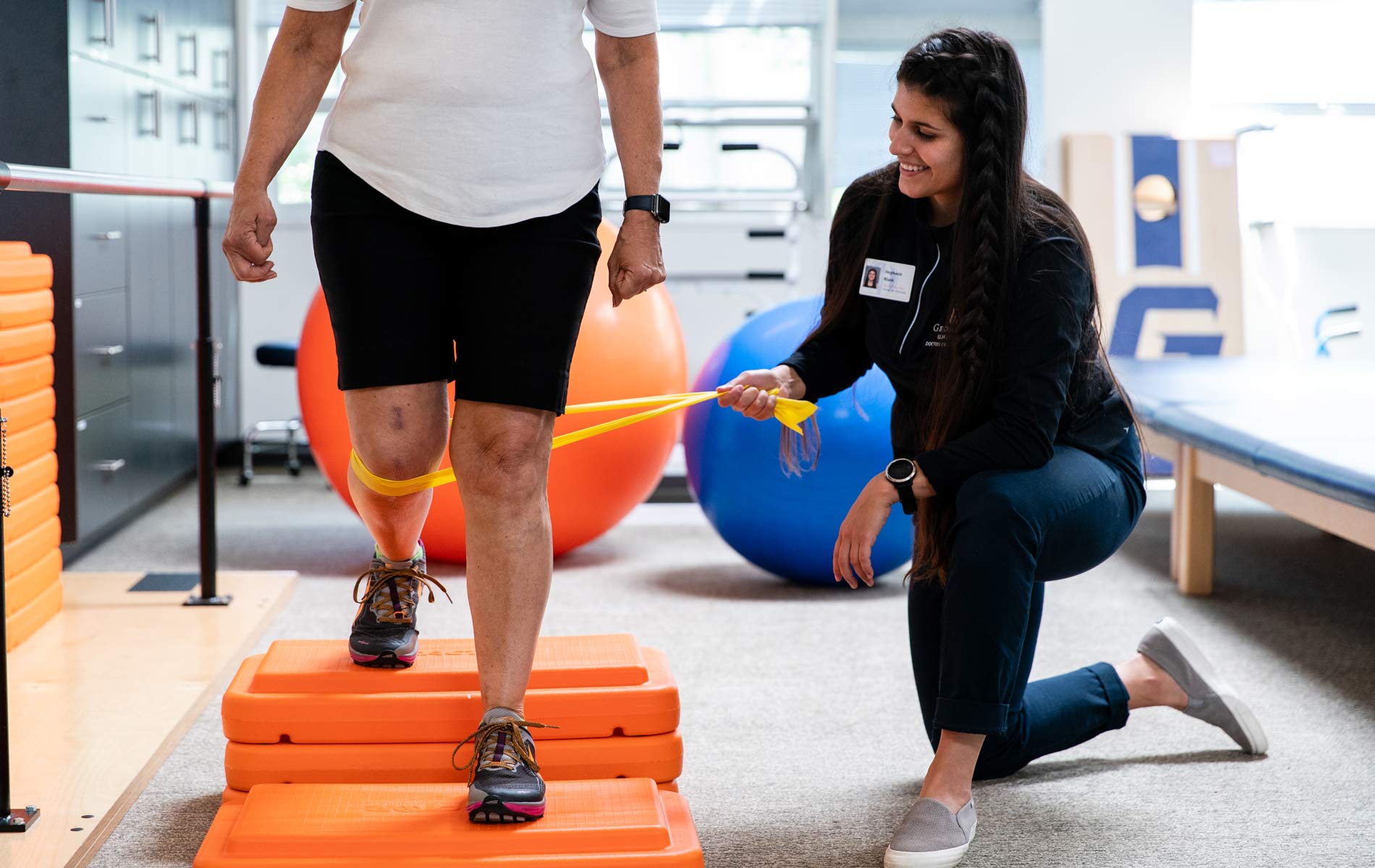Empowering Patients Via Psychosocial Assistance in Cardiovascular Recovery Programs.
Wiki Article
Cardiopulmonary rehabilitation programs are designed to assist individuals with cardiac and lung conditions improve their health and standard of living. These programs often include physical activity, instruction about heart and pulmonary well-being, and support for making lifestyle modifications. However, one crucial element that is sometimes neglected is the role of psychosocial support. Emotional support refers to the psychological and social help that individuals receive during their rehabilitation process. This support can strengthen patients, boost their self-esteem, and assist them manage the challenges that come with long-term health issues.

Patients in cardiopulmonary rehab often face various emotional and psychological difficulties. Emotions of anxiety, sadness, and loneliness can be common. These emotions may arise from the pressure of dealing with a serious medical issue or the fear of upcoming health problems. Emotional support can help tackle these emotions by providing individuals with a secure space to discuss about their worries and bond with others who understand what they are experiencing through. Group therapy meetings and individual counseling can be beneficial ways to facilitate this assistance. By interacting with professionals and others, individuals can learn adaptation strategies and find encouragement from peers who share similar experiences.
Integrating psychosocial assistance into cardiac and pulmonary rehabilitation initiatives can lead to improved health outcomes for individuals. Research show that when individuals receive emotional support, they are more apt to stick to their recovery plans, follow to treatment, and make necessary lifestyle choices changes. This engagement can lead to enhanced physical well-being, lessened hospitalizations, and an entire better standard of life. Support teams can foster inspiration and accountability, helping individuals stay dedicated to their recovery goals. This cooperative vocational rehabilitation for heart patients approach emphasizes the importance of addressing both bodily and emotional health in the rehabilitation journey.
Teachers and healthcare professionals play a crucial role in providing psychosocial support within these programs. They can help patients comprehend the importance of mental health in their recovery journey. By creating an atmosphere of empathy and understanding, healthcare providers can promote open communication about feelings and concerns. Training staff in communication skills and emotional support strategies can enhance the general individual experience. Moreover, incorporating education about stress management, calming methods, and positive adaptation approaches can empower patients to take an active role in their emotional health.
In conclusion, strengthening individuals through emotional assistance in cardiac and pulmonary rehabilitation initiatives is essential for promoting comprehensive recovery. By acknowledging the psychological and social dimensions of healing, healthcare providers can create a more nurturing atmosphere that meets the requirements of the whole person. Patients who receive this holistic treatment are more apt to attain their health view website goals and improve their total standard of living. The inclusion of psychosocial support into recovery programs not only enhances the patient experience but also contributes to improved sustained medical outcomes.